
He’s your favorite filmmaker’s favorite filmmaker. A man known as the Master of Suspense, who also has his own theme song to go along with his persona. In the history of cinema, Alfred Hitchcock will never be forgotten.
He changed the medium of film and engaged audiences with what was being presented to them on screen in a deeper fashion. He took horror movies out of gothic castles and European romanticism and brought them into the real world and all its problems, and lastly, he knew how to throw a curveball.
Plot twists are one of the many cool attributes of storytelling. What we think is going to happen never does, and the twist we never saw coming leaves us shocked. Hitchcock was one of the first to really stick the landing on twisting and turning plots, at least in a cinematic sense, so let’s take a look at the best versions of that.
Warning: Major spoilers ahead for some of Alfred Hitchcock’s most beloved works.
10 Lifeboat (1944)
Alfred Hitchcock directed a self-contained World War II thriller titled Lifeboat. The film is about the lifeboat of survivors of a Nazi U-boat attack on a battleship. While lost at sea, the people on the lifeboat pick up a survivor of the attack named Willi. He’s a German who makes it a point to tell the others that he is a low-level crew member who means them no harm.
Willi is More than Who he Says He is
It’s obvious Willi is a bit of a standout character, and Hitchcock presents that very well. However, the twists and turns of the movie, mixed in with the highly tense atmosphere of being lost at sea, make you put that on the back burner for a bit. In the end, it turns out Willi wasn’t a low-level crew member on the U-boat that attacked the ship that the survivors were on, but rather the captain of the U-boat. Lifeboat is available to stream on Hoopla.
9 “Lamb to the Slaughter” (1958)
Alfred Hitchcock Presents – Season 3, Episode 28
Another directorial effort by Hitch for his show Alfred Hitchcock Presents came in 1958 and is hailed as one of the standout episodes of the whole show. The segment, titled “Lamb to the Slaughter,” is about a homemaker played by Barbara Bel Geddes whose husband leaves her for another woman, so she kills him and makes good use of the dead body.
Mary Gets Away With Murder
Lamb to the Slaughter has the aesthetic of the typical American home in the 1950s. A husband comes home from work, and a wife stays to cook and clean. Barbara Bel Geddes’ character Mary gets pushed too far by her husband leaving her, so she hits him with a frozen lamb and kills him.
When the police begin an investigation and Mary makes her alibi stick, Mary decides to cook the police a warm dinner. While eating, one of the officers states, “The murder weapon might be under our noses.”
8 “Revenge” (1955)
Alfred Hitchcock Presents – Season 1, Episode 1
Alfred Hitchcock Presents aired on CBS from 1955 until 1960, and then the anthology show made the jump over to NBC until it ended in 1964. Alfred Hitchcock was never shy about directing episodes for the anthology series, and he did so with the show’s pilot episode titled, “Revenge.”
“Revenge” was a dramatic marital tale of husband and wife, played by Ralph Meeker and Vera Miles. In it, Miles plays a former ballerina named Elsa, who had a nervous breakdown and now lives in a trailer park with her husband, Carl (Meeker). Carl comes home one day and sees the house ramshackled, and Elsa tells him that a man tried to kill her.
Carl takes Elsa to go hunt the man down. As they drive around town, they eventually find the guy who attacked her, and Carl follows the man and ends up killing him. However, it seems Elsa’s poor mental state played a mean joke on both of them, as the police end up discovering that Carl had killed an innocent man.
7 The 39 Steps (1935)
Alfred Hitchcock’s 1935 high-stakes thriller, The 39 Steps, is about a man named Richard Hannay (Robert Donat) who becomes tied up in an international spy ring that is tied to the mysterious “39 Steps.” All of this happens because he tried to help a spy who ends up being killed, and he is now the accused and must go on the run while also trying to clear his name.
A Classic McGuffin Story
For 1935, The 39 Steps paces like a high-stakes spy thriller and would appease audiences if it were released today. The film has a “McGuffin” element to it. Hannay needs a certain document to clear his name for the murder of the spy he crossed paths with.
The plot then gets even thicker, as it turns out there is no document to clear his name. It turns out the information needed to clear his name was memorized by a character by the name of Mr. Memory, who dies of a gunshot. The 39 Steps is available to stream on Tubi.
6 Suspicion (1941)
Alfred Hitchcock takes a good, hard look at how a marriage can go south in 1941’s Suspicion. The film stars Cary Grant as Johnnie Aysgarth, a man who marries into wealth by courting Lina McLaidlaw (Joan Fontaine). Once the two are married, Johnnie makes some bad financial decisions. Lina takes notice that Johnnie’s partner has ended up dead and wonders if she could be next.
The Car Ride Scene
Grant and Fontaine could not have played this scene any better. In a scene that is a major turning point in the film, Lina decides to go stay with her mother, but Johnnie catches her sneaking off and insists on driving her there. He drives recklessly and speeds down a coastal highway where there are cliffs.
As Lina thinks her husband is going to murder him, he eventually pulls the car over and reveals to her that he was plotting his suicide after dropping her off. Johnnie then decides to face up to his mistakes. Suspicion is streaming on Tubi.
5 Sabotage (1936)
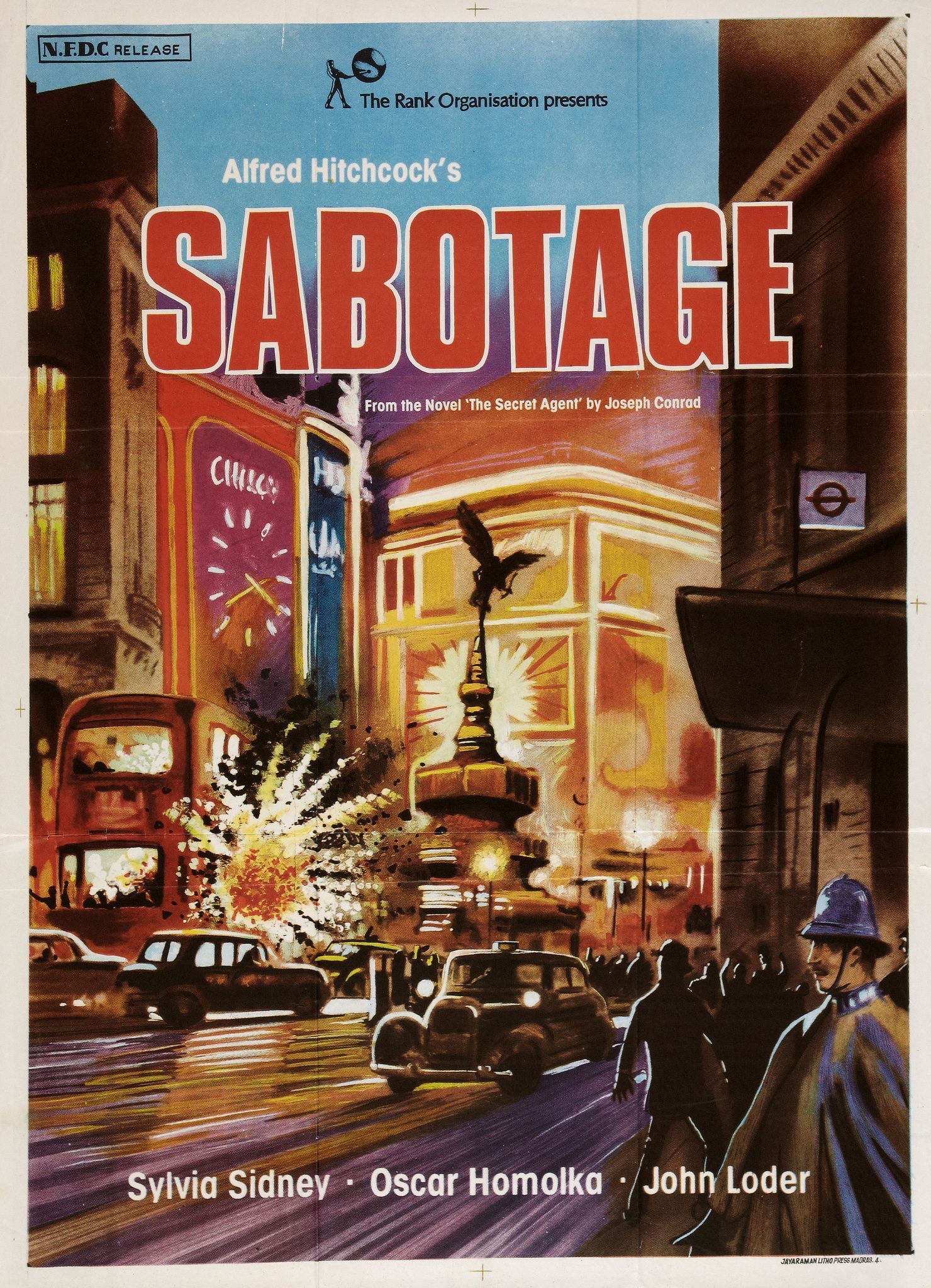
Sabotage
- Release Date
- January 11, 1937
- Director
- Alfred Hitchock
- Cast
- Sylvia Sidney , Oscar Homolka , Desmond Tester , John Loder , Joyce Barbour , Matthew Boulton , S.J. Warmington , William Dewhurst
- Runtime
- 76 Minutes
Not to be confused with Hitch’s 1942 film Saboteur,Sabotage is about a Scotland Yard detective who is hot on the trail of a mad bomber who has plans to set off a bomb somewhere in London. The detective’s cover soon gets blown, and then what seemed like a simple cat-and-mouse game escalates to something even more dangerous.
A Controversial Ending
The ending to Sabotage is somewhat controversial, and even the director himself went on record saying that the explosive ending was something he regretted doing. In the climax of the film, Mrs. Verloc’s younger brother, Stevie (Desmond Tester), picks up an unsuspecting package that ends up being the bomb. Thus killing Stevie and many other innocent bystanders in London.
Sabotage is paced in a way that we know danger is lurking, but a character like Stevie, who’s there for us to empathize with, never comes off like he will die tragically.
4 Shadow of a Doubt (1943)
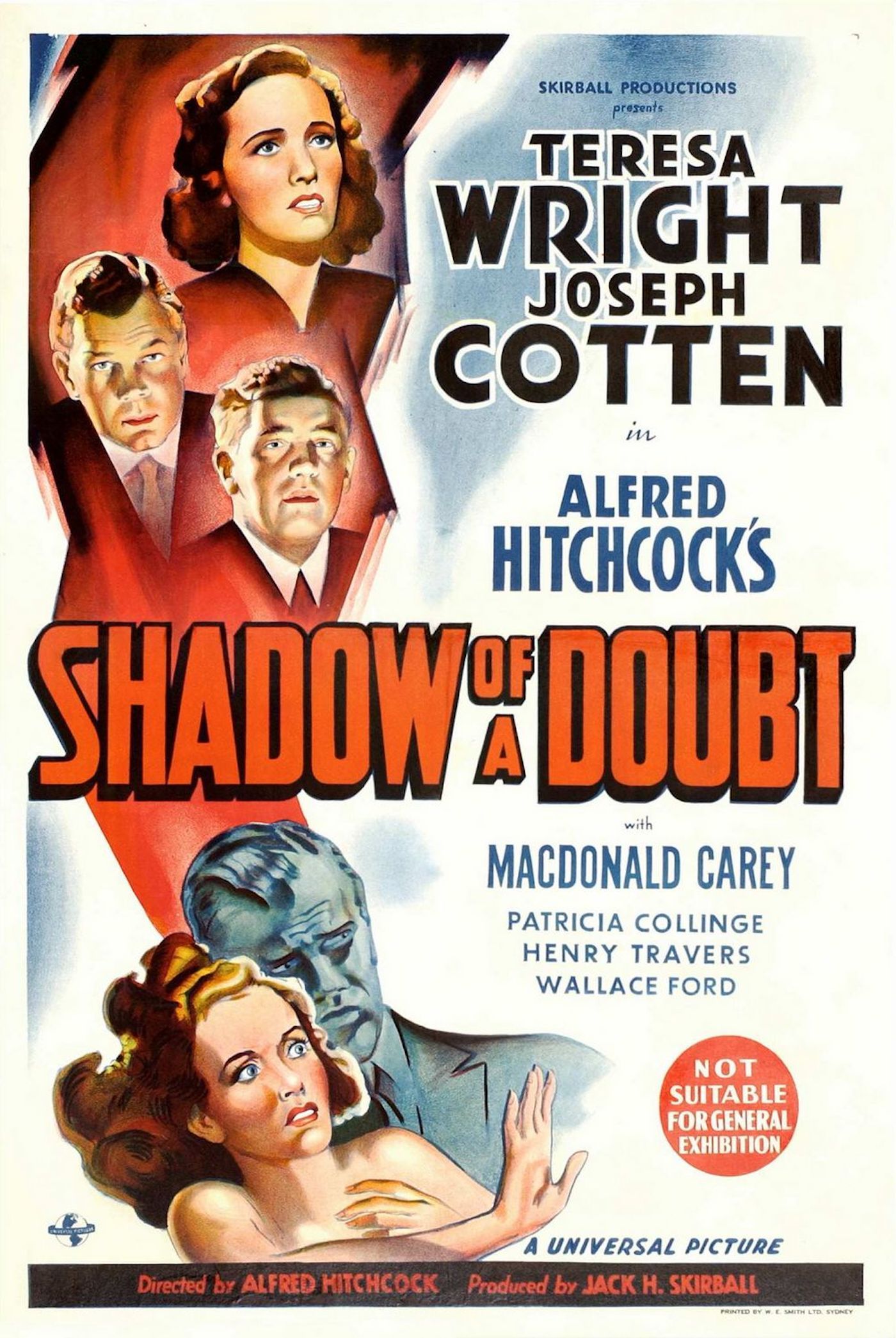
Shadow of a Doubt (1943)
- Release Date
- January 15, 1943
- Cast
- Teresa Wright , Joseph Cotten , Macdonald Carey , Henry Travers , Patricia Collinge , Hume Cronyn , Wallace Ford , Edna May Wonacott
Shadow of a Doubt is a thrilling caper about a woman who discovers that once her Uncle Charlie comes to visit her and the rest of her family, he may or may not be wanted for murder. However, even though the supposed murderer has already been killed and the case is closed, she still remains investigative on the matter. Soon, the real danger escalates as Uncle Charlie becomes highly aware of his niece’s suspicions.
Hitchcock’s Favorite Film He Has Ever Made
Hitchcock said in an interview once with François Truffaut that Shadow of a Doubt is his favorite film he’s ever made. The film’s twist ending kind of kicks off early on, but it’s the slow burn that builds to the climax of Uncle Charlie being discovered as a cold-blooded killer that only adds to the shock value of it.
Joseph Cotton’s performance as Charlie is sinister and ahead of its time with how much of a sociopath he becomes in the role. Shadow of a Doubt is available to rent on Prime Video.
3 Rear Window (1954)
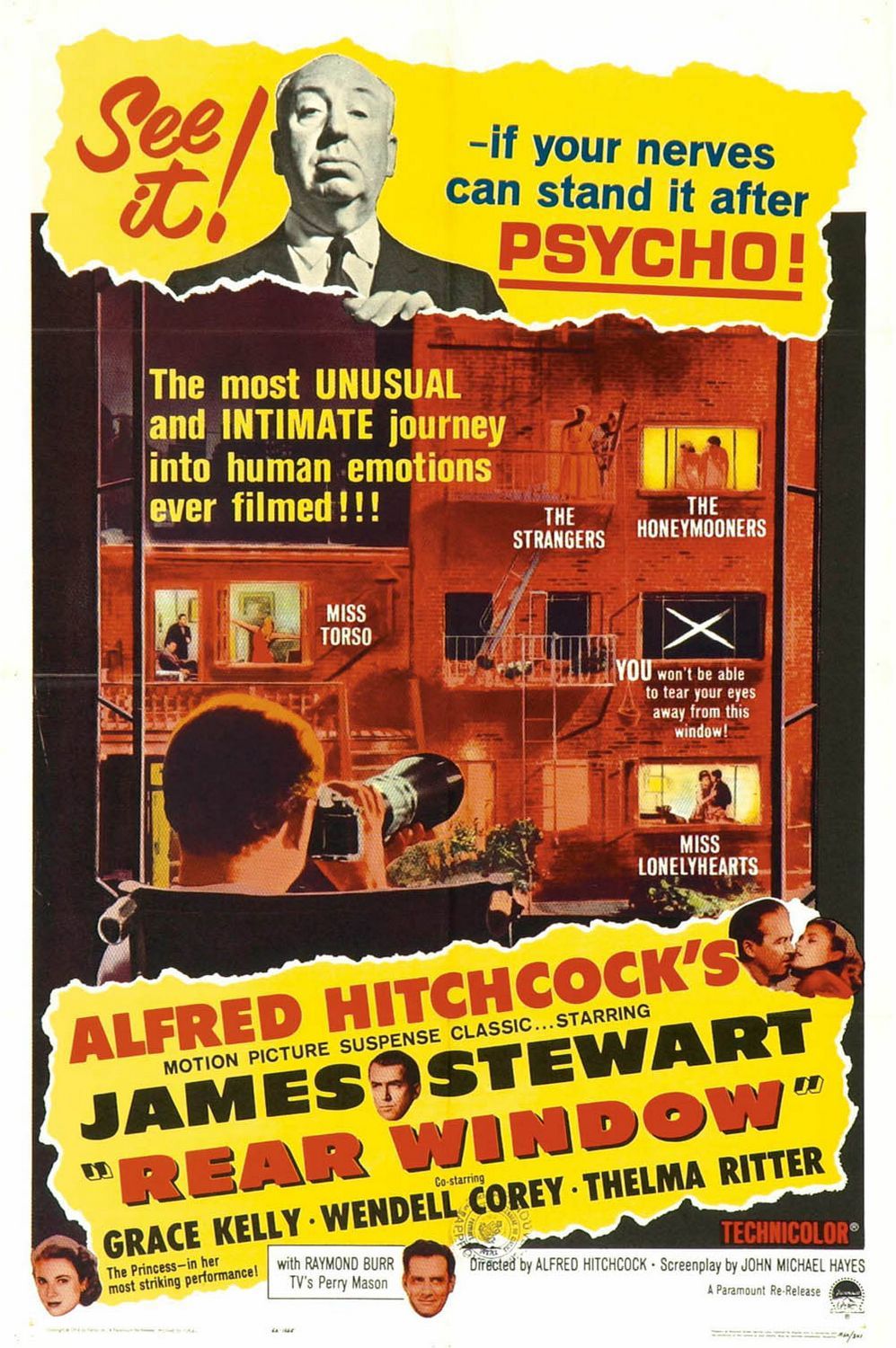
Rear Window
- Release Date
- September 1, 1954
- Runtime
- 1hr 52min
In Rear Window, Jimmy Stewart plays a news photographer who is recovering from a leg injury that has left him bound to a wheelchair temporarily. Bored and looking to pass the time, he spends his time watching the occupants of the building across the street. It’s there that, through the lens of his camera, he witnesses a murder in one of the apartments.
Lars Thorwald is the Killer
Hitchcock gives us one of the most tense climaxes of his entire filmography in Rear Window. For a lot of the movie, Jimmy Stewart’s character, Jeff, goes from thinking he saw a murder to thinking he may have been paranoid, and it could be all in his head.
Jeff, and most of the audience, for that matter, believe Lars Thorwald (Raymond Burr) is the killer, and in fact, Jeff was right all along, as Lars has a confrontation with Jeff in his apartment. Rear Window is available to stream on Prime Video.
2 Vertigo (1958)
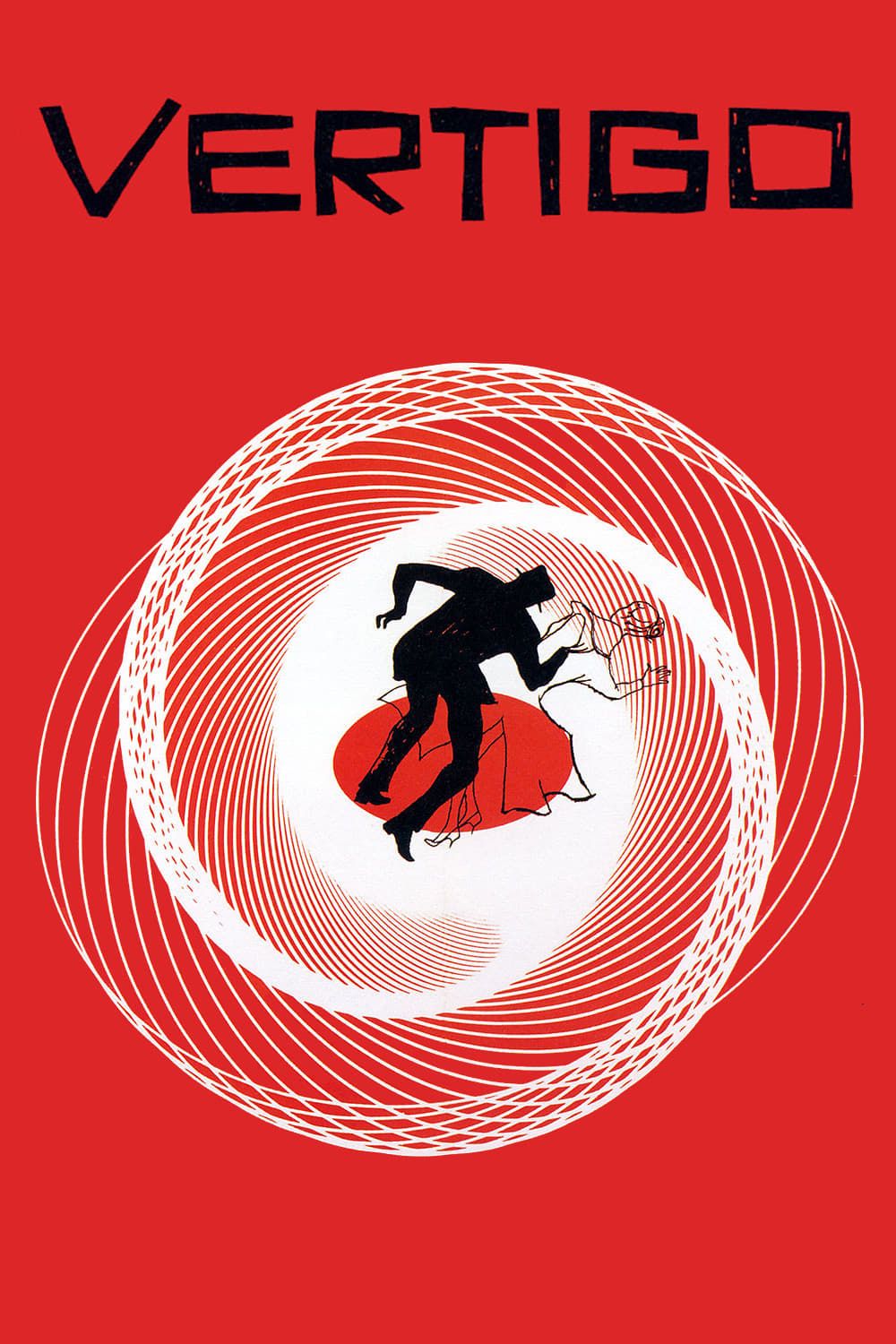
Vertigo
- Release Date
- May 28, 1958
- Cast
- James Stewart , Kim Novak , Barbara Bel Geddes , Tom Helmore , Henry Jones , Raymond Bailey
- Runtime
- 128
Vertigo is hailed as Hitchcock’s finest film (and even in some circles the greatest film of all time), and many find it to have strong connections to the director’s psyche. It stars Jimmy Stewart as an ex-cop named Scottie, who takes a gig as a P.I. following a friend’s wife, Madeline (Kim Novak). Scottie’s obsession with her grows and grows until she eventually throws herself off a rooftop.
Madeleine’s Death Was Faked
Later on, we learn that Madeleine’s death was fabricated. Scottie sees her wandering around the city and approaches her. The pair begin a very unhealthy relationship as the woman he now knows is named Judy, but Scottie tries to project Madeleine’s persona onto her. The twist throws many for a loop and warrants many rewatches of the film.
1 Psycho (1960)
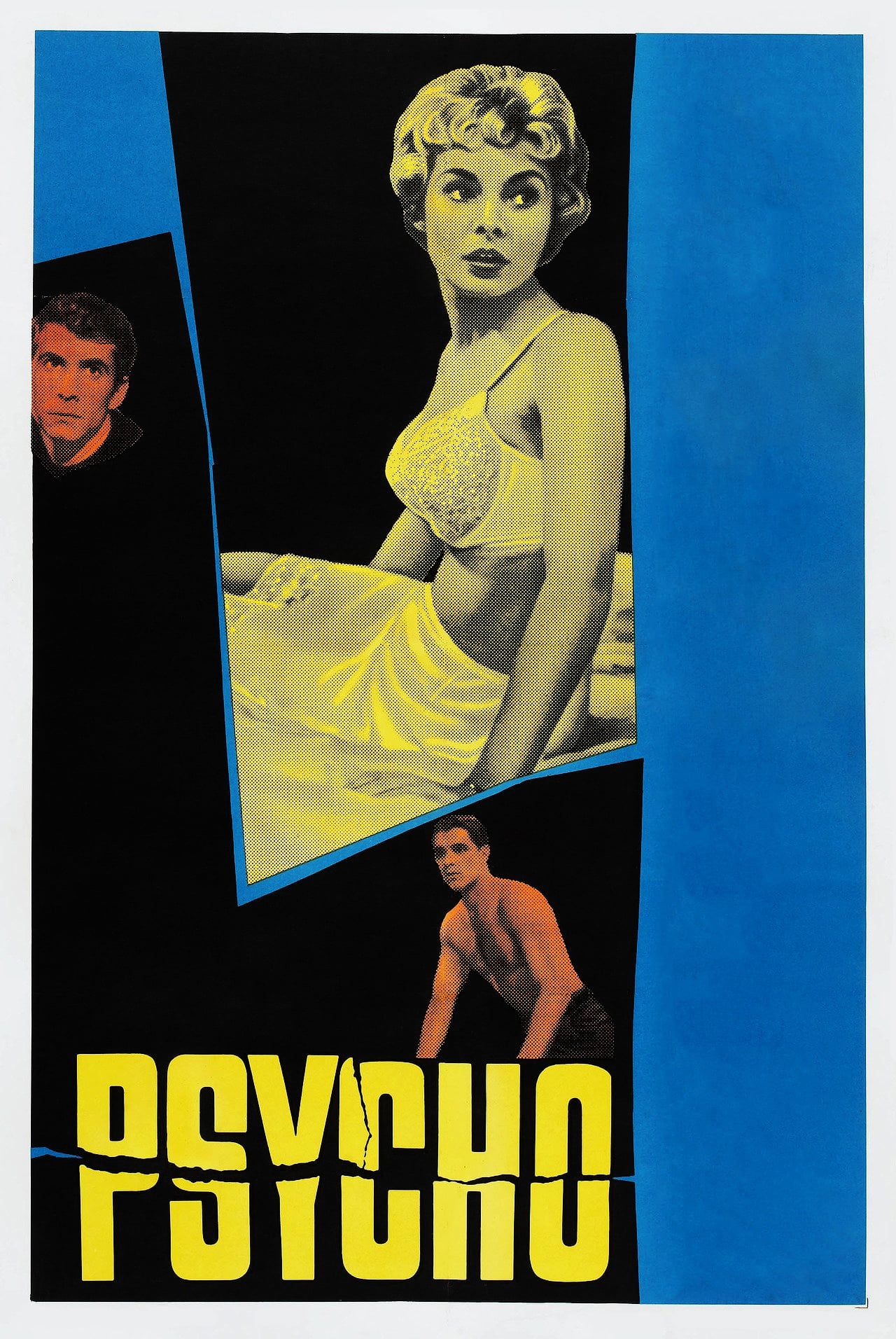
Psycho
- Release Date
- June 22, 1960
- Cast
- Anthony Perkins , Vera Miles , John Gavin , Martin Balsam , John McIntire , Simon Oakland
- Runtime
- 109
Psycho, Alfred Hitchcock’s most well-known film starts out following a secretary (Janet Leigh) who steals $40,000 from the company she works for and then skips town. She makes a stop at the Bates Motel, where the lonely man running the front desk gives off a vibe that he may be off his rocker a bit. All of this culminates in one of the most iconic murder scenes in the history of cinema, and then there’s a whole other part of the movie to follow.
Norman Bates is the Killer
By now, many know that Norman Bates is actually the killer of the film. He dresses up as his long-dead mother when he commits murder. The midpoint of the film has audiences believing that “Mother” is alive, so when it is revealed that Norman dresses up as her, it makes for a chilling conclusion in the film’s final moments. Even if you’ve seen Psycho many times, the reveal of Mrs. Bates corpse is still one of the most terrifying scenes in the history of horror movies.




